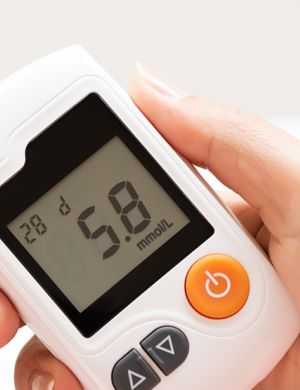
Australia: TGA Implemented the Risk-Based Approach Surrounding Fecal Microbiota Transplants
The Australian Therapeutic Goods Administration (TGA) has adopted a risk-based approach that’s applicable to the Fecal Microbiota Transplants (FMT). The TGA had earlier decided that all the FMT equipments would belong to various categories starting from Class 1 biologicals and extending to Class 4 medicines. Depending on their classifications, their requirements too would vary.
Under the New Regulatory Model, FMT Products will be Classified as Either:
- Class 1 Biologicals: For Class 1 biologicals, these are required to be included in the Australian Register of Therapeutic Goods (ARTG) and does not need to hold a Good Manufacturing Practice (GMP) license, and does not require pre-market assessment of supporting data by TGA.
- Class 2 Biologicals: For Class 2 biologicals, these are required to be included in the ARTG and have GMP licensing for all manufacturing and testing facilities.
- Class 3 or 4 Biologicals or Medicines: For Class 3 or 4 biologicals or medicines, these are required to be included in the ARTG and have GMP licensing for all manufacturing and testing facilities.
As the products get categorized into higher classes, the tougher would be the requirements that are to be met to be approved. The TGA even makes it clear that if a FMT product is categorized under class 3 or 4 then it would be considered to pose a higher risk. The main reason behind the adoption of this model is to ensure patient safety and at the same time assuring that the patients can have access to the FMT products. TGA hopes that this approach would turn out to be a driving factor so that the entire sector supports and implements the same.
Don’t miss out! Click here to stay in touch.
Categories
- Biopharma (58)
- Consumer Health (21)
- Cosmetics (11)
- Diagnostics (5)
- Digital Health (8)
- Food (2)
- Medical Device (112)
- OTC (5)
- Regulatory Intelligence (13)
- Standards (41)
Recent Blogs
Get the latest updates from Vistaar

Related Posts
CONNECT WITH US

Let's talk about how Vistaar can help you



